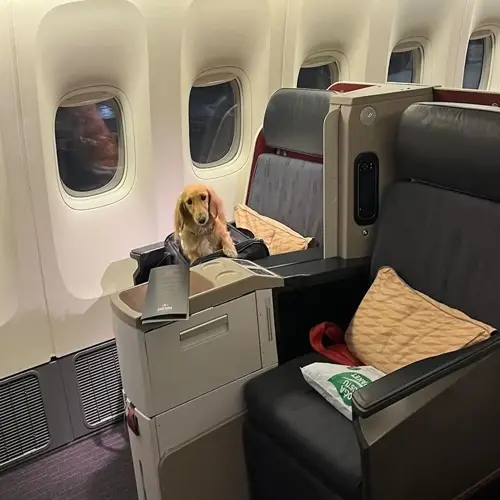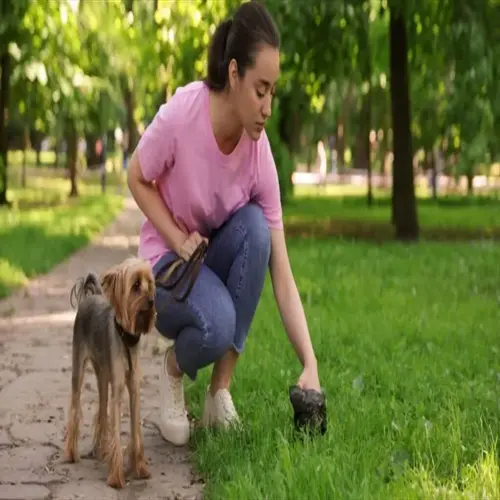How important is puppy socialization training?

Written by
Hoang Long
Reviewed by
Prof. Edward Clarke, Ph.D.Puppy socialization training is vital for lifelong behavioral health. Statistics confirm that it will prevent over 70% of future behavioral issues. This training establishes obedience habits early while reducing fear reactions. Positive associations with new surroundings are warranted, thus assuring that the adult dog will be well adjusted.
Fear Prevention
- Reduces noise phobias like thunder or traffic
- Prevents fear-based aggression toward strangers
- Builds confidence during veterinary visits
Behavioral Foundation
- Establishes bite inhibition through play
- Teaches appropriate interaction with children
- Sets boundaries for household manners
Environmental Adaptation
- Creates positive associations with car rides
- Normalizes surfaces like tile and stairs
- Acclimates to urban stimuli safely
Lifelong Impact
- Reduces separation anxiety development
- Decreases destructive chewing incidents
- Enhances off-leash reliability long-term
Max, my Labrador client, showed how powerful socialization can be when we began his group classes at nine weeks. He was able, at sixteen weeks, to traverse busy streets with confidence and play gently with toddlers. His owners also avoided the separation anxiety so prevalent in unsocialized dogs. They saved many thousands of dollars in future behavior modification.
Successful socialization entails moderate positive experiences in a supervised manner. New surfaces, such as grass and pavement, should be introduced gradually. Each experience should be coupled with high-value treats. They are introduced to a diversity of people, including children and people with hats or canes. This builds neurological pathways that regard new experiences as commonplace.
The crucial period ends around sixteen weeks. Experiences must be emphasized before the end of this period. Concentrate on sounds, traffic, other dogs, and handling exercises. Puppy kindergarten classes provide safe, structured contacts. Failure to experience this period makes control of other behaviors more difficult later.
Professional programs provide organized socialization protocols. My puppy packages include supervised play sessions and trips to urban environments. I keep track of your dog's progress using a fearful response checklist. Owners receive home practice assignments that encourage reinforcing the lessons learned in the sessions.
Read the full article: Professional Dog Training: Ultimate Career Guide

